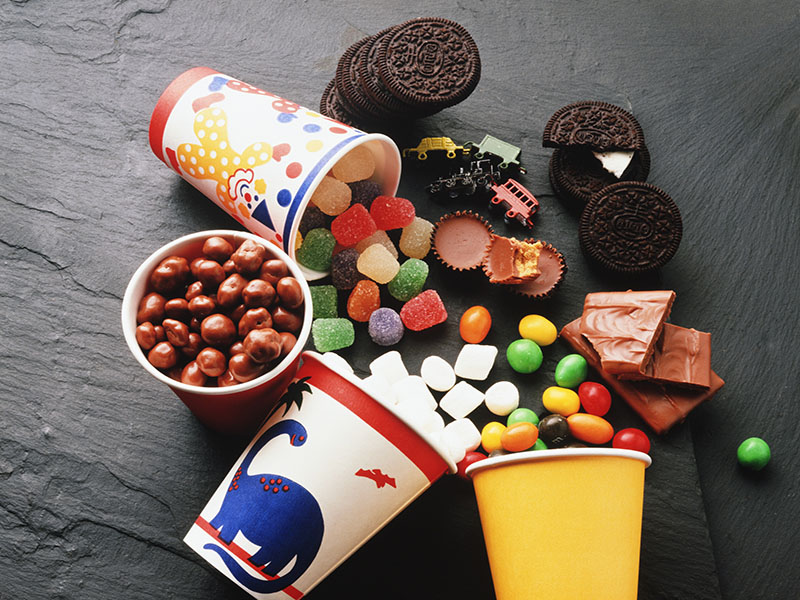TV Snack Adverts Make Preschoolers Snack Extra: Examine

MONDAY, Nov. 21, 2016 (HealthDay Information) -- Preschoolers who watched "Sesame Road" interrupted by TV advertisements for a salty snack meals ended up consuming extra of that meals quickly after, a brand new examine discovered.
The discovering means that "younger kids stay extremely uncovered to TV ads for meals which will contribute to unhealthy dietary patterns," mentioned a crew led by Jennifer Emond. She's an assistant professor of pediatrics at Dartmouth School, in Hanover, N.H.
Weight problems stays a menace to the well being of many American kids. And Emond's crew identified that "energy-dense, nutritionally poor meals" proceed to be aggressively marketed to very younger kids.
Certainly, the common preschooler is uncovered to greater than three hours of tv every day, and "preschoolers seen 18 p.c extra TV snack meals ads from 2010 to 2014," the researchers mentioned.
Does such promoting "work" to get these children to eat extra unhealthy snacks?
To search out out, Emond's crew monitored 60 children aged 2 to five, from New Hampshire and Vermont, as they watched a 14-minute phase of "Sesame Road."
The preschoolers received a filling snack earlier than the present -- so that they weren't hungry -- after which had limitless entry to snacks throughout it.
A number of the kids watched the "Sesame Road" phase with out meals commercials, whereas others watched the present with commercials for a well-liked salty snack. The advertisements depicted children fortunately enjoying and consuming the snack.
The consequence: Kids who watched the snack business "consumed, on common, 29.5 kilocalories extra" meals afterwards, and "the primary impact was pushed by a higher consumption of the marketed meals," Emond's crew wrote.
The researchers imagine this reveals that meals advertisements immediate children to eat, even once they're not hungry. Limiting meals commercials focused to kids may assist children eat extra healthily and devour fewer unneeded energy, the examine authors contended.
Dr. Allison Stakovsky is a pediatrician at Cohen Kids's Medical Heart in New Hyde Park, N.Y. She mentioned the brand new findings mirror earlier analysis.
"We already know that tv viewing is a vital environmental affect on the event of weight problems," she mentioned. "Youngsters who watch extra tv usually tend to be chubby. Youngsters who've a tv of their bed room usually tend to be chubby.
"This examine reveals that meals promoting impacts preschoolers snacking habits," Stakovsky added, and "these findings additional assist the American Academy of Pediatrics' advice to restrict preschoolers media use to no multiple hour a day."
One nutritionist agreed, and mentioned it is as much as dad and mom to assist steer kids in direction of more healthy consuming habits.
"Efforts ought to be made in direction of consuming as a household and specializing in dialog as an alternative of the distraction of TV," mentioned Dana Angelo-White. She's a dietitian and medical assistant professor at Quinnipiac Univerity in Hamden, Conn.
"Display screen time ought to be restricted throughout meal and snack instances, no matter what sort of programming they could possibly be uncovered to," White added.
The examine seems on-line Nov. 21 within the journal Pediatrics.
-- HealthDay employees

Copyright © 2016 HealthDay. All rights reserved.
SOURCES: Allison Stakofsky, M.D., attending pediatrician, Cohen Kids's Medical Heart, New Hyde Park, N.Y.; Dana Angelo-White, RD, medical assistant professor, Quinnipiac College, Hamden, Conn.; Pediatrics, Nov. 21, 2016
No comments:
Post a Comment